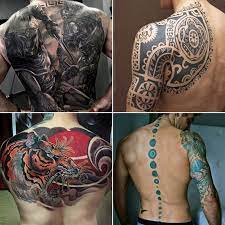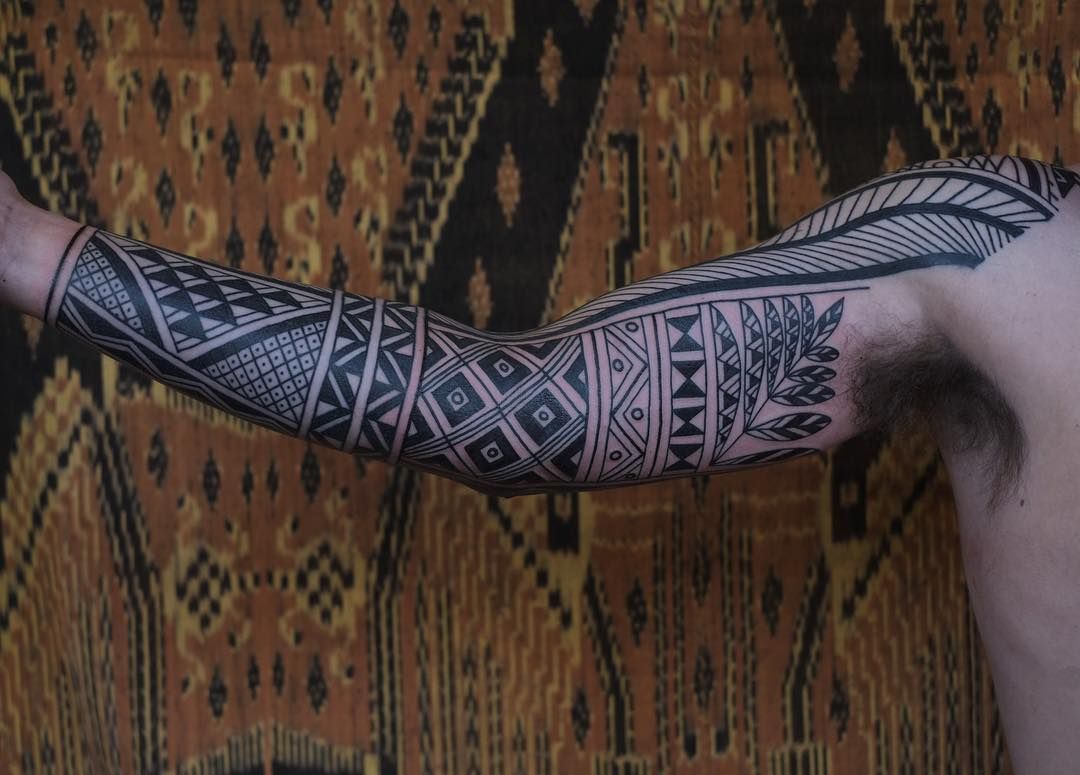
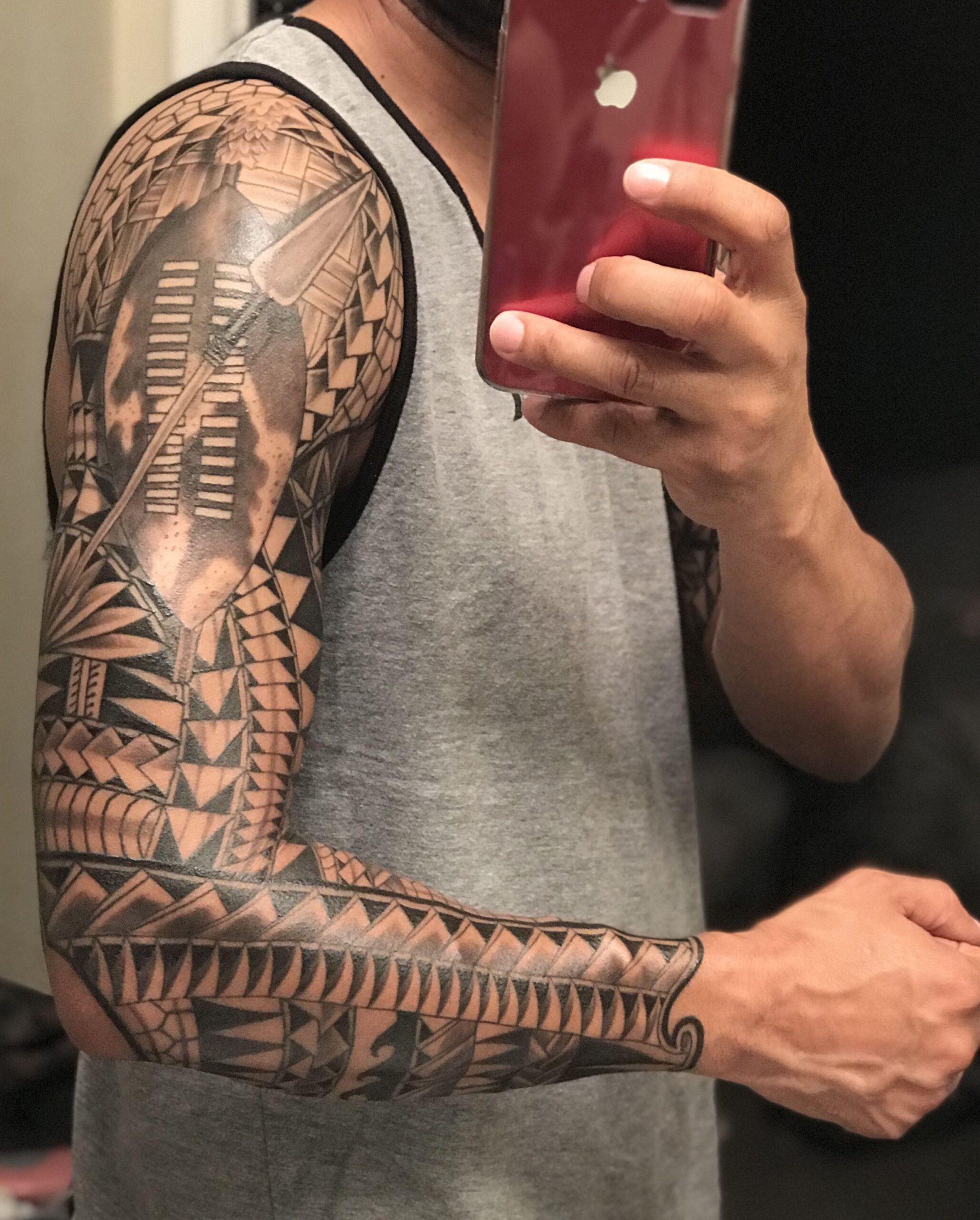
Nigeria boasts a long and rich tradition of tattoos with spiritual connotations. Tattooing was traditionally carried out by professionals known as sinus, serving to distinguish oneself and show one’s place within society.
Kolo Tribal Body Art:
Nigeria has many distinct tribes, each with its body art tradition. The Yoruba tribe is famous for their distinctive tribal markings known as kolo. These markings, resembling raised keloids, serve as an identifying feature for both men and women, signifying their identities. The practice of kolo also has traditional medicinal properties that may improve skin complexion. Additionally, Yoruba women utilize another body art called uli for decoration during tribal holidays, symbolizing royalty, beauty, and culture.
Tiv Tribe Scarification:
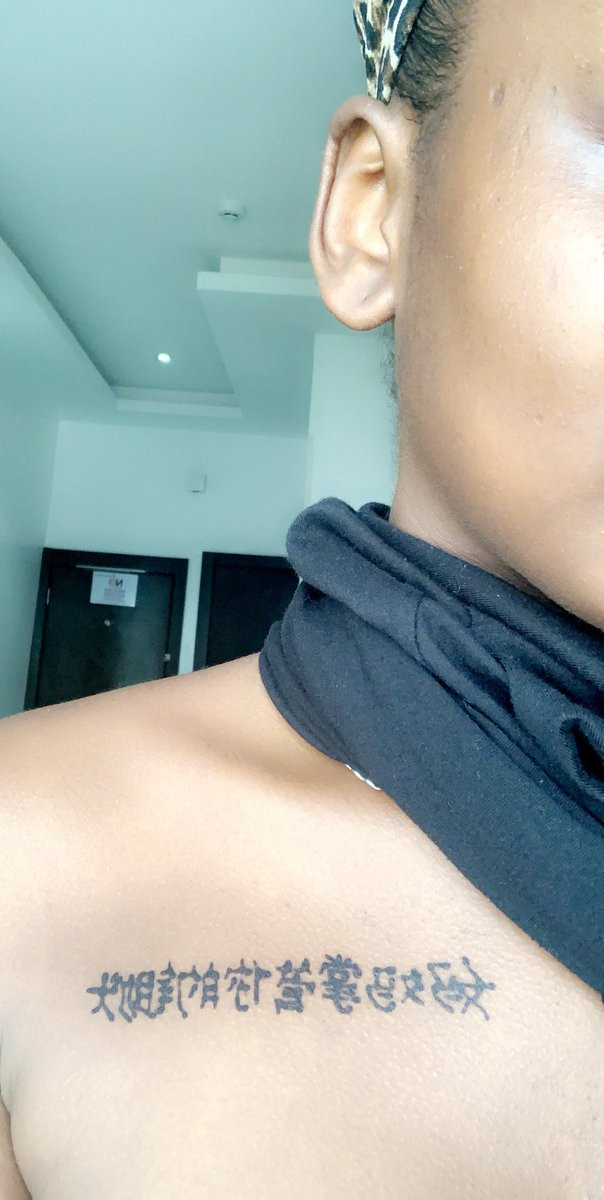
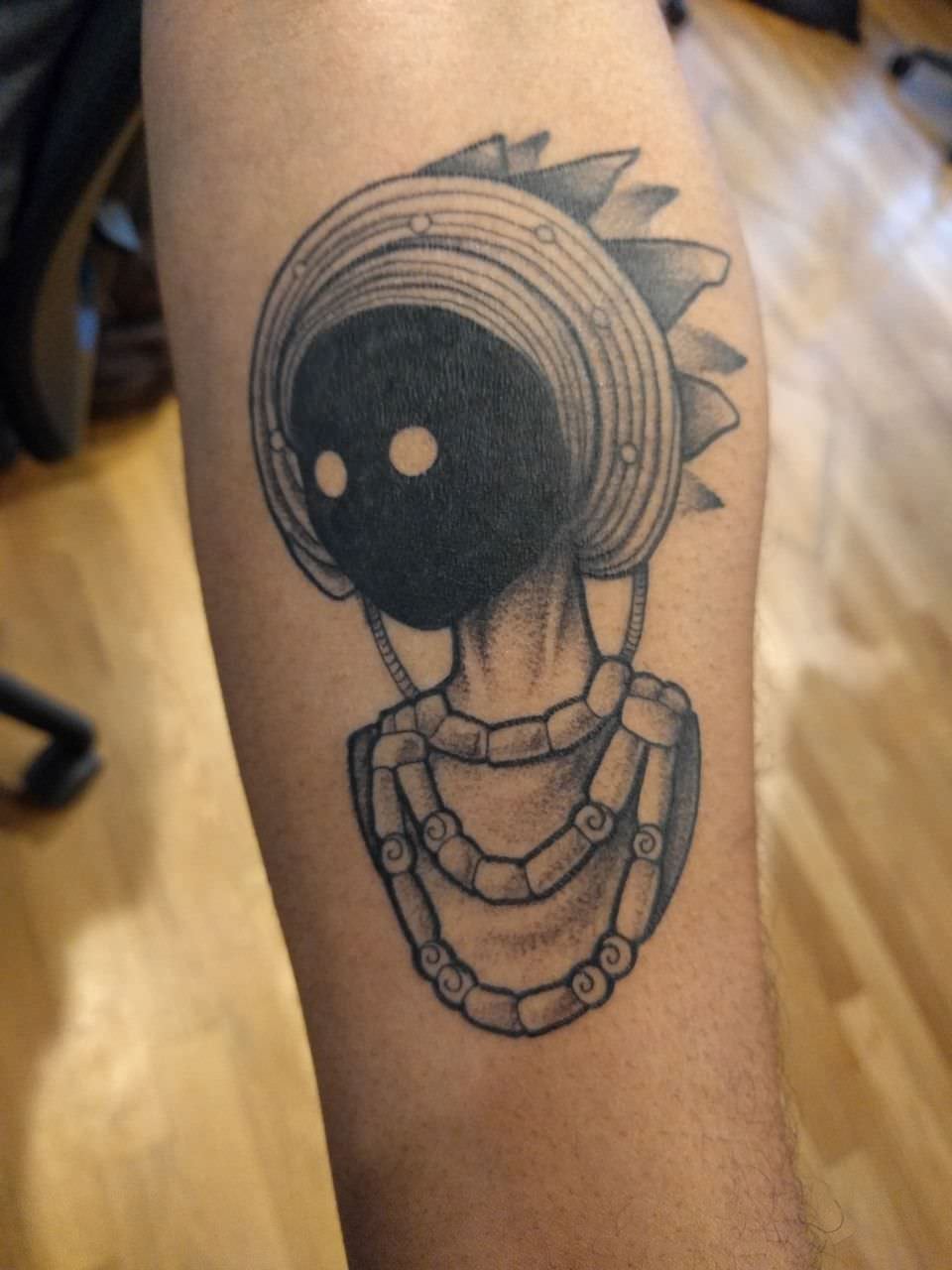
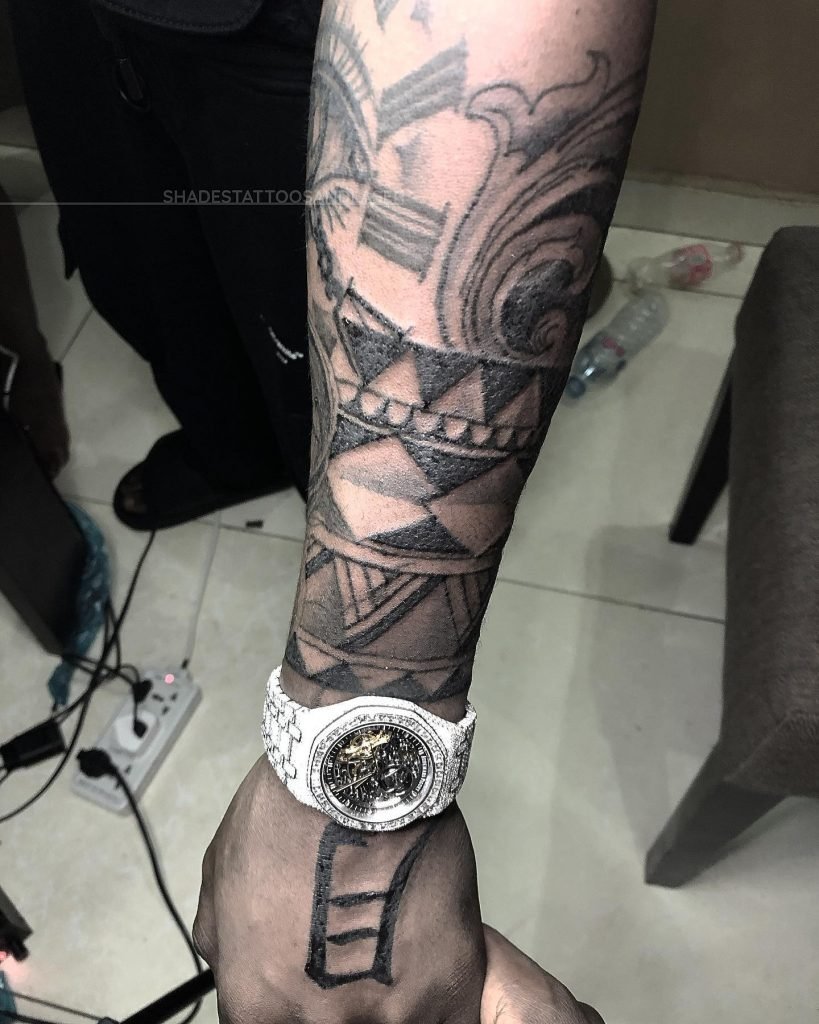
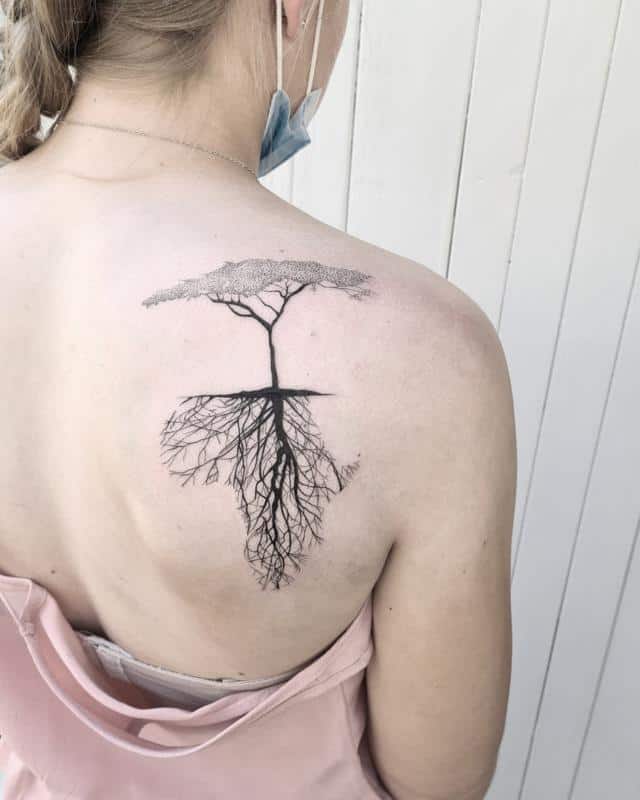
In West Africa, the Tiv tribe practices scarification for aesthetic purposes. They paint their long scars with camwood oil to enhance facial features and body shapes. Tiv women often bear long scars on their bellies, signifying fertility and creating sacred objects.
Oshun River Goddess:
African culture venerates several gods and goddesses, including the Oshun River Goddess. The Osun-Osogbo Grove in Nigeria serves as a holy site for Yoruba followers to honor Osun, the goddess of fertility and water.
Elephant Motif:
Elephants hold great symbolic importance within African cultures, representing wisdom and positive energy. Elephant tattoos can range from simple designs to elaborate blackwork pieces, incorporating styles like watercolor or geometric designs. Minimalist elephant tattoos focus on the art behind the plan and are captivating.
Ichi Tribal Design:
tattoos showcasing African tribal designs have become a beloved body art trend worldwide. Ichi designs, popular among Nigeria’s Igbo tribe, feature moon-like circles and semicircles. They denote nobility and respect within Igbo society.
African tribal tattoos reflect heritage, honor roots, and hold special significance. Each tribe has its unique body art traditions, adding to the rich cultural tapestry of Nigeria and African culture.
